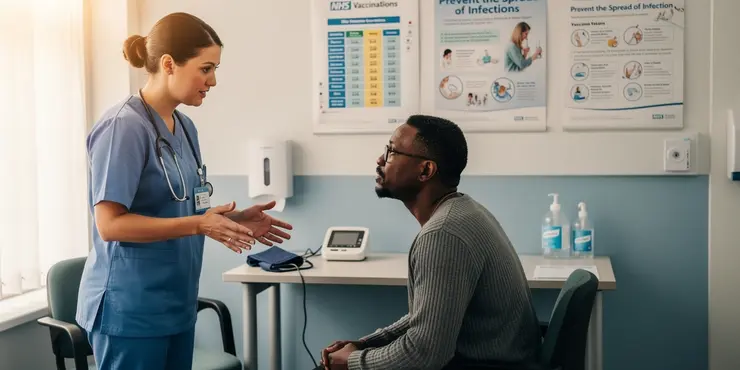
Find Help
More Items From Ergsy search
-
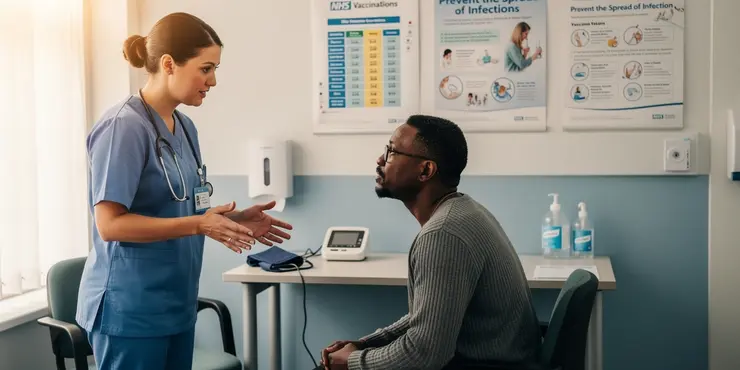
Can the bubonic plague be prevented?
Relevance: 100%
-
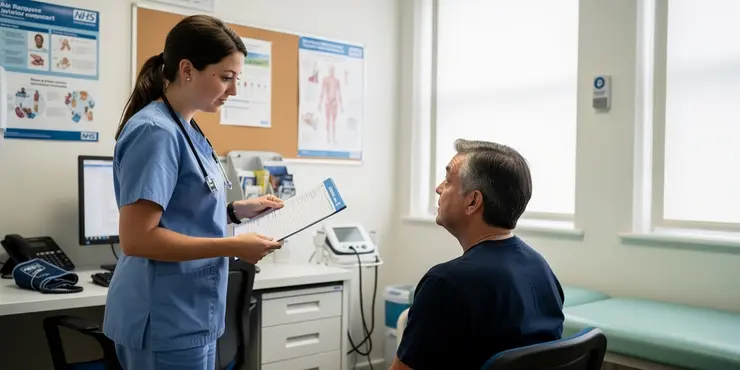
What is Bubonic Plague?
Relevance: 93%
-
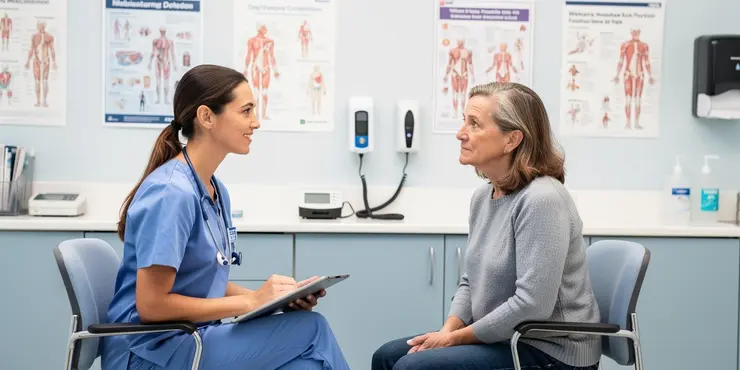
What is the bubonic plague?
Relevance: 91%
-
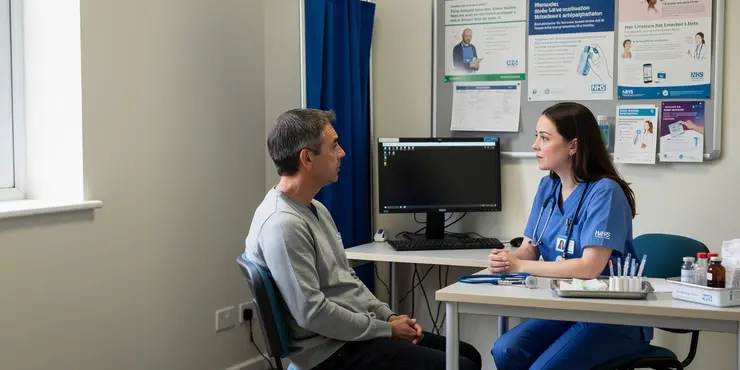
Are there vaccines for the bubonic plague?
Relevance: 90%
-
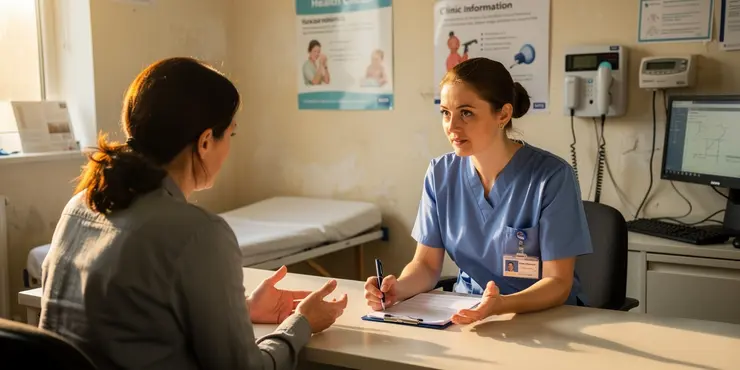
How is the bubonic plague transmitted?
Relevance: 89%
-

Is the bubonic plague contagious between humans?
Relevance: 86%
-
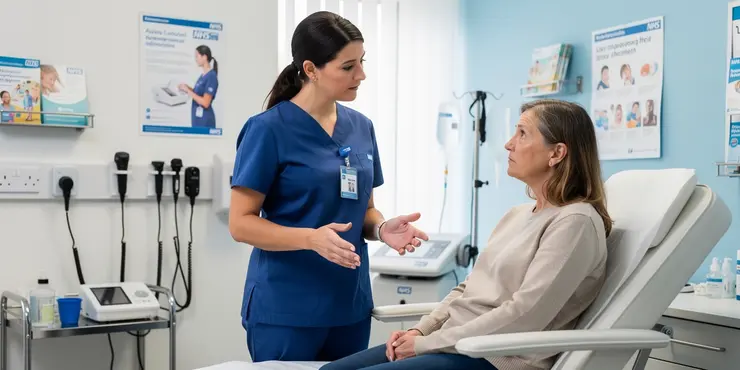
How can the bubonic plague be treated?
Relevance: 85%
-
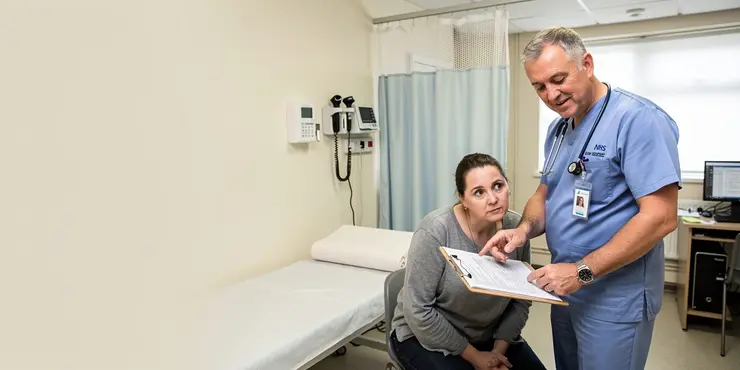
What are the symptoms of the bubonic plague?
Relevance: 84%
-
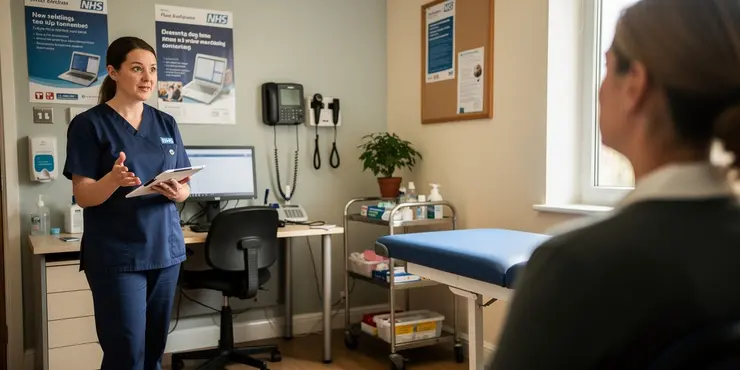
Where did the bubonic plague originate?
Relevance: 82%
-
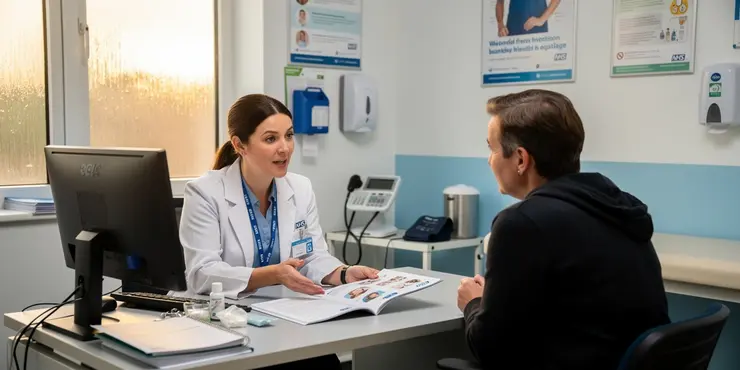
What is the mortality rate of untreated bubonic plague?
Relevance: 82%
-
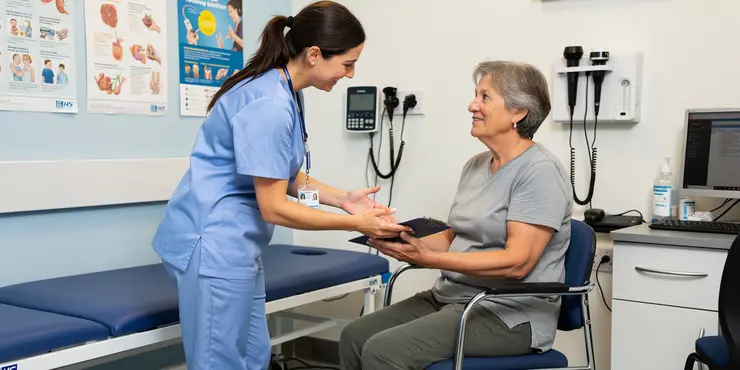
Did the bubonic plague affect only Europe?
Relevance: 79%
-
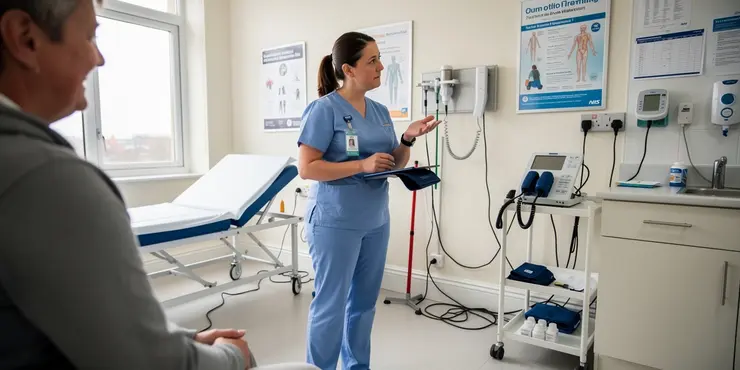
How was the bubonic plague controlled historically?
Relevance: 79%
-

Can the bubonic plague become resistant to antibiotics?
Relevance: 78%
-
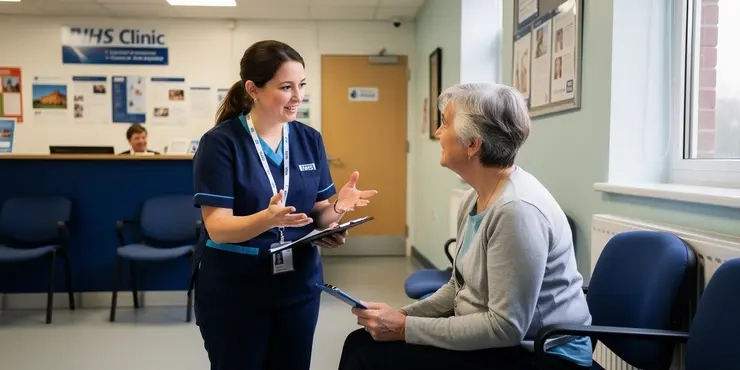
What historical event is the bubonic plague known for?
Relevance: 77%
-
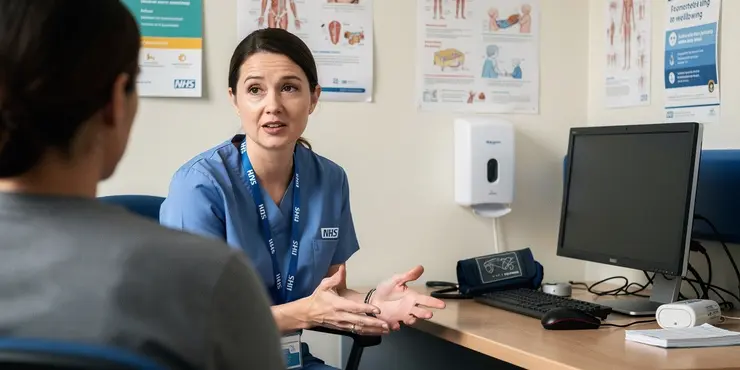
What advancements have been made in understanding the bubonic plague?
Relevance: 75%
-
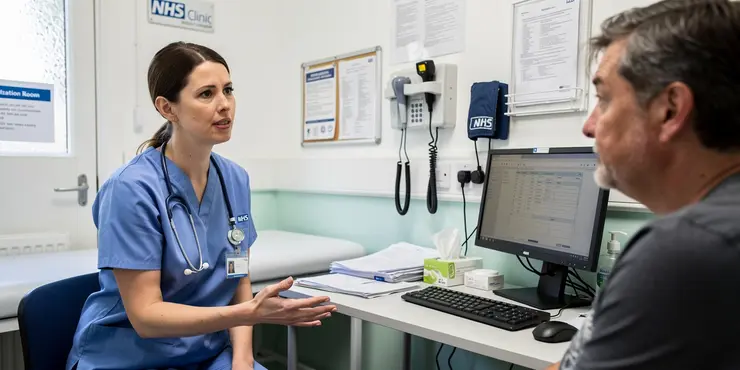
Are there modern outbreaks of bubonic plague?
Relevance: 62%
-
What animals are natural carriers of the bubonic plague?
Relevance: 57%
-
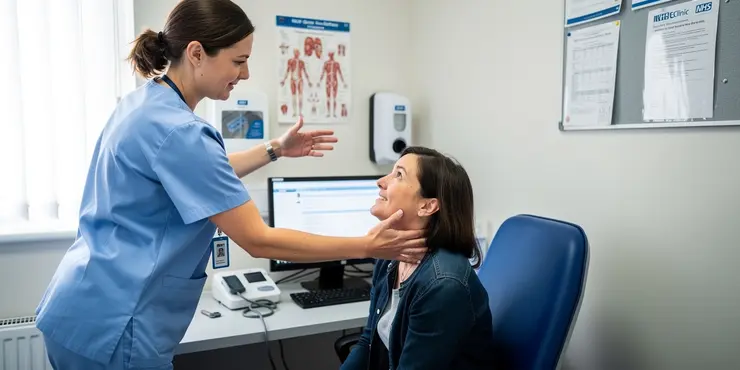
What is a bubo?
Relevance: 43%
-
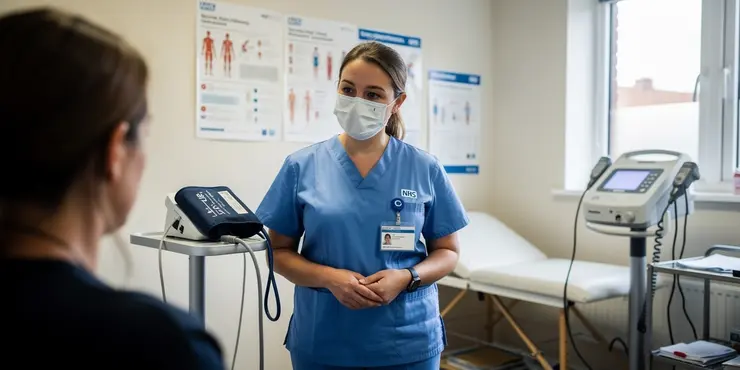
What public health measures are important for managing the plague?
Relevance: 41%
-
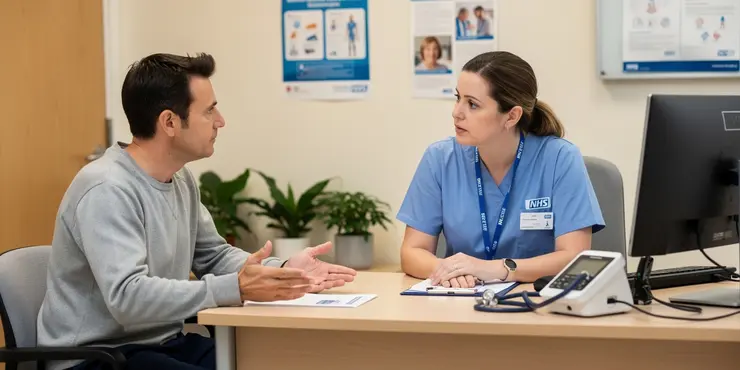
Is the bubonic plague still a global health threat?
Relevance: 32%
-
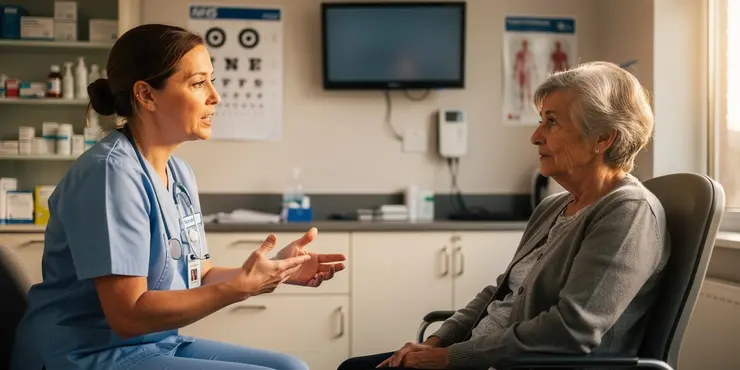
Can hypotony be prevented?
Relevance: 17%
-
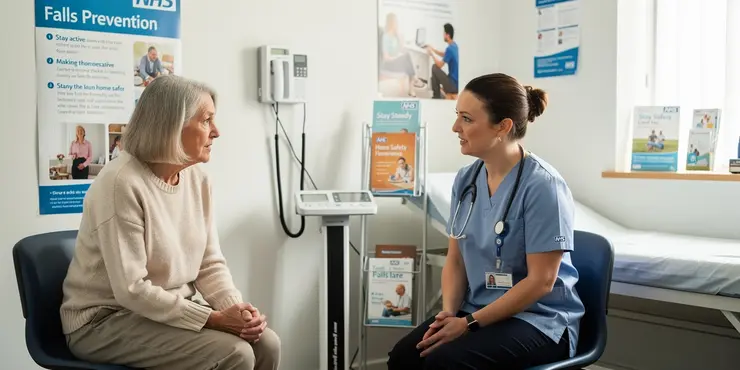
Falls Prevention Podcast
Relevance: 17%
-
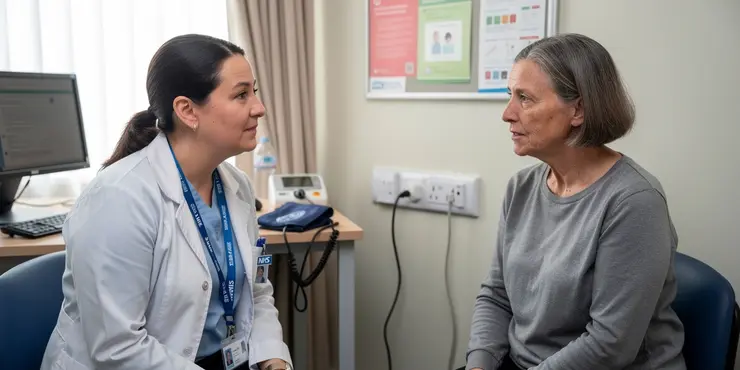
Can CFS be prevented?
Relevance: 17%
-
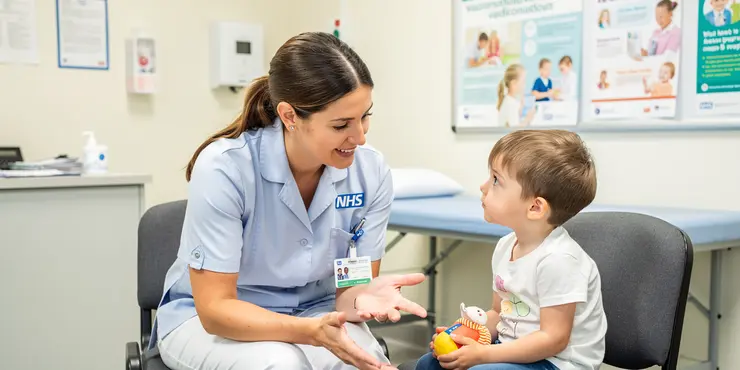
Can meningitis be prevented?
Relevance: 17%
-

Can gonorrhoea be prevented?
Relevance: 17%
-
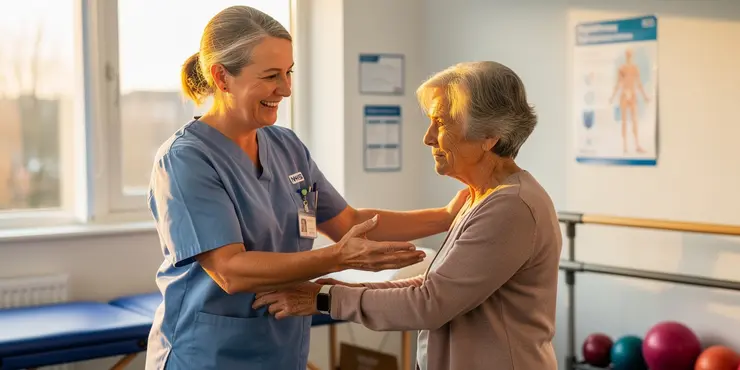
Falls and Falls Prevention
Relevance: 17%
-
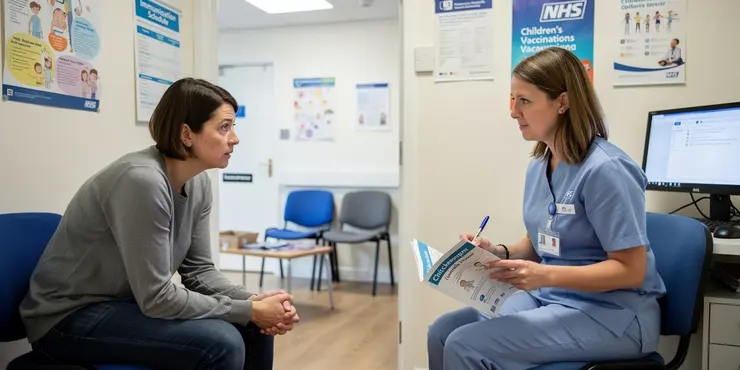
Can chickenpox be prevented?
Relevance: 17%
-
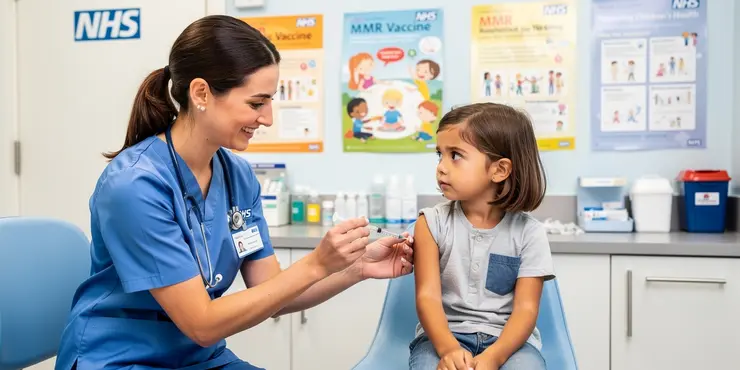
Can Rubella be prevented?
Relevance: 17%
-
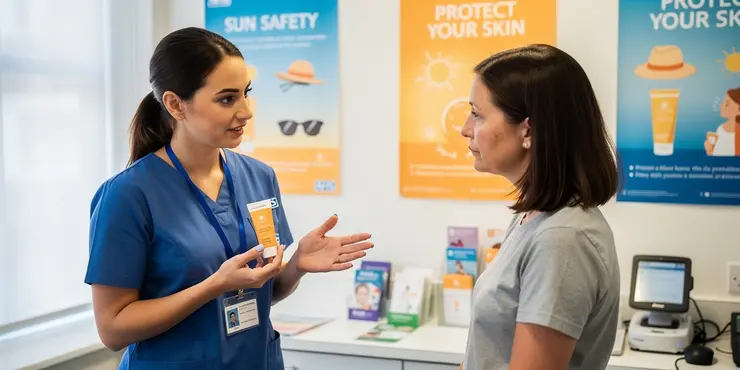
Can sunburn be prevented?
Relevance: 17%
-
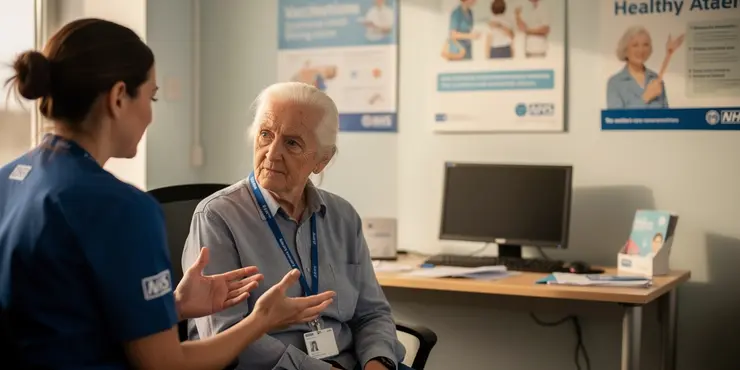
Can shingles be prevented?
Relevance: 17%
-

Is postnatal depression preventable?
Relevance: 17%
-
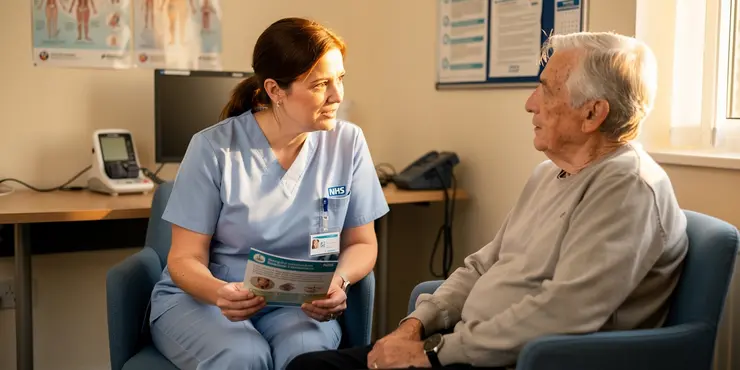
Can shingles be prevented?
Relevance: 17%
-
Are there preventative measures for eating disorders?
Relevance: 16%
-

How can HPV be prevented?
Relevance: 16%
-

How can obesity be prevented?
Relevance: 16%
-
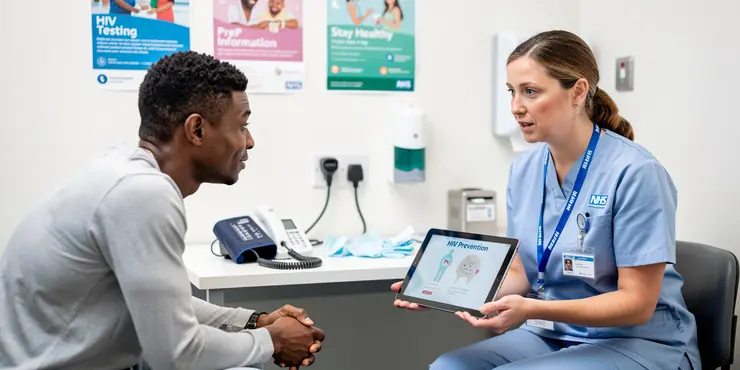
How can HIV be prevented?
Relevance: 16%
-

How can concussions be prevented?
Relevance: 16%
-
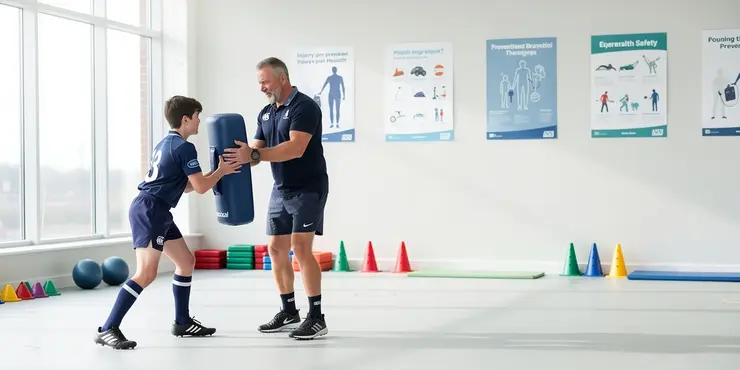
How can concussions be prevented?
Relevance: 16%
-
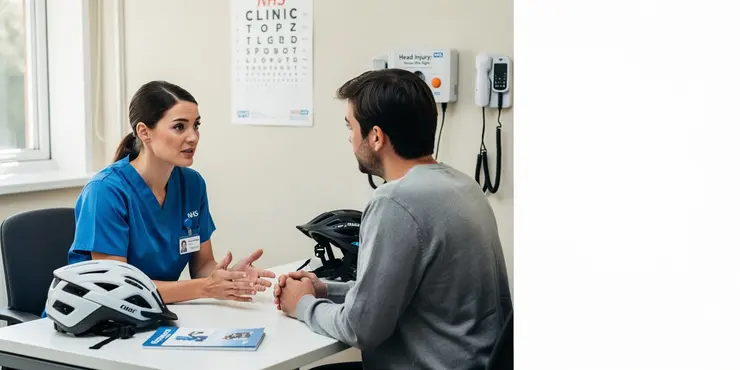
Is there any way to prevent concussions?
Relevance: 16%
-
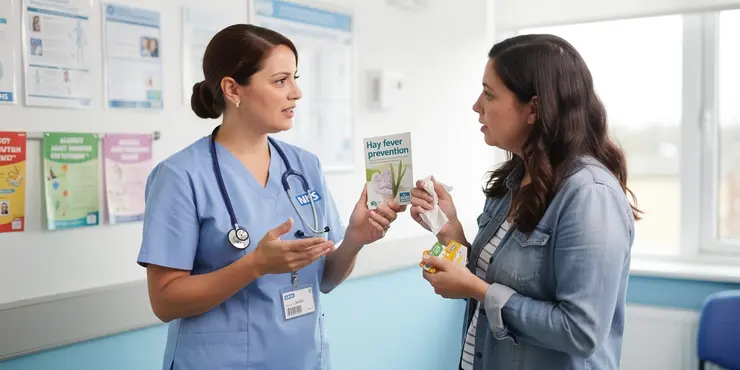
Can hay fever be prevented?
Relevance: 16%
Understanding the Bubonic Plague
The bubonic plague, once known as the 'Black Death', is a severe infectious disease caused by the bacterium Yersinia pestis. Historically, it devastated Europe during the 14th century, but thanks to modern medicine and improved public health measures, such outbreaks are now rare. Nevertheless, awareness and prevention remain important, as the bacterium persists in certain animal populations.
Transmission of the Bubonic Plague
The disease is primarily transmitted to humans through the bites of infected fleas. These fleas typically reside on small mammals such as rats, which play host to the bacterium. Human-to-human transmission is rare, but it can occur through respiratory droplets if the infection progresses to pneumonic plague in an individual.
Preventative Measures
Preventing the bubonic plague involves several strategies focused on reducing exposure to potential sources of infection. Key actions include controlling rodent populations in urban and rural areas, particularly those near human habitation, to minimize contact with infected animals and fleas. This involves proper waste management, securing food sources, and using traps where necessary.
Flea control is also crucial. Pet owners should ensure their animals are treated with appropriate flea treatments, as domestic animals can serve as carriers for fleas. In areas where plague is known to occur, insect repellent that contains DEET can be used to prevent flea bites when spending time outdoors.
Modern Medical Prophylaxis
Advancements in healthcare have provided additional defenses against the bubonic plague. Antibiotics, such as streptomycin and doxycycline, are effective treatments if administered early, reducing the severity of the disease and preventing its spread. In some cases, prophylactic antibiotics may be prescribed to people who have been in close contact with infected individuals or animals. Healthcare professionals in endemic areas are trained in early identification to ensure rapid treatment.
Surveillance and Public Health Education
Ongoing surveillance of plague activity in animal populations is vital for early warning and prevention of human cases. Public health campaigns can educate communities about the risks and symptoms of the plague, encouraging early medical consultation. Educational programs can inform the public about avoiding direct contact with wild rodents and taking precautions during outdoor activities in areas with known cases.
Summary
While the bubonic plague remains a rare disease today, understanding its transmission and taking preventive measures are essential, particularly in areas with known risks. By controlling rodent and flea populations, applying modern medical prophylaxis, and promoting public health education, the risk of an outbreak can be effectively minimized, ensuring this ancient disease does not pose a significant threat in the present day.
Understanding the Bubonic Plague
The bubonic plague is a very bad disease. People used to call it the 'Black Death'. Tiny germs called Yersinia pestis cause this disease. A long time ago, it made many people in Europe very sick. Today, thanks to doctors and cleaner cities, it doesn’t happen much. But we still need to be careful because the germs are still around in some wild animals.
How People Catch the Bubonic Plague
People usually get the disease from flea bites. Fleas are really small bugs. These fleas live on animals like rats. The disease can go from humans to humans, but that's rare. This only happens if someone gets a really bad type of the disease that makes them cough.
How to Stay Safe
There are ways to stay safe from the bubonic plague. One way is to keep rats and mice away from where people live. This means keeping places clean and using traps if needed. Also, make sure garbage is thrown away properly and food is put away safely.
It's important to control fleas too. If you have a pet, give them medicine to stop fleas. Fleas from pets can make people sick too. If you are in a place where the plague happens, use bug spray with DEET to keep fleas away when you go outside.
Modern Medicine Helps
Today, we have medicine to help fight the bubonic plague. Medicines called antibiotics can help if given early. They help make the disease not as bad and stop it from spreading. Sometimes, doctors give these medicines to people who have been near sick animals or people. Doctors know how to find the disease early and give the right medicines.
Watching and Learning
Scientists watch animals to see if they are getting sick. This helps stop people from getting the disease. Teachers and health workers tell people about the plague. They help people learn what to look out for and to see a doctor if needed. They also tell people not to touch wild animals or get too close.
Summary
Even though the bubonic plague is rare now, we need to know how it spreads and how to stop it. By keeping rats and fleas away, using new medicines, and learning about the disease, we can stop it from becoming a big problem today.
Frequently Asked Questions
What is the bubonic plague?
The bubonic plague is an infectious disease caused by the bacterium Yersinia pestis, typically transmitted through the bite of an infected flea.
Can the bubonic plague be prevented?
Yes, the bubonic plague can be prevented through various measures including controlling rodent populations, using insect repellent to prevent flea bites, and taking antibiotics if exposed.
Are there vaccines available for the bubonic plague?
There is no widely available vaccine for the bubonic plague, but research is being conducted to develop effective vaccines.
How can flea bites be prevented?
Flea bites can be prevented by avoiding contact with wild rodents, using insect repellent, and ensuring pets are treated with flea control products.
What role do rodents play in the spread of the bubonic plague?
Rodents can harbor infected fleas, which can then transmit the plague bacterium Yersinia pestis to humans.
Can antibiotics prevent the bubonic plague?
Antibiotics can be used as a preventive measure if a person is exposed to the plague, especially during a known outbreak.
What should you do if you suspect exposure to the plague?
Seek immediate medical attention if you suspect you have been exposed to the plague, as early treatment with antibiotics is very effective.
Can the bubonic plague be spread from person to person?
Bubonic plague is rarely spread from person to person, but the pneumonic form of plague can be transmitted through respiratory droplets.
How important is rodent control in preventing plague outbreaks?
Rodent control is crucial in preventing plague outbreaks, as reducing rodent populations reduces the number of fleas that can transmit the disease.
Are there regions where the plague is more common?
The plague is more common in rural and semi-rural areas in Africa, Asia, the Americas, and parts of the Middle East where there are higher rodent populations.
What precautions can travelers take to prevent plague?
Travelers can prevent plague by avoiding contact with rodents, using insect repellent, and staying informed about outbreaks in regions they plan to visit.
Can pets play a role in the spread of the bubonic plague?
Yes, pets such as cats and dogs can carry infected fleas and should be kept flea-free to prevent the spread of the plague.
How effective are public health measures in preventing plague?
Public health measures such as surveillance, rodent control, and community awareness campaigns are effective in preventing the spread of plague.
How can one recognize the symptoms of the bubonic plague?
Symptoms of the bubonic plague include swollen and painful lymph nodes, fever, chills, headache, and fatigue.
Is the plague still a threat today?
While rare, the plague still poses a threat in certain parts of the world, but modern medicine and preventative measures greatly reduce its impact.
What is the historical significance of the plague?
The bubonic plague, also known as the Black Death, decimated populations in Europe during the 14th century and had significant social and economic impacts.
How is an outbreak of the plague managed?
An outbreak is managed by isolating affected individuals, administering antibiotics, controlling flea and rodent populations, and public health education.
What is the treatment for someone diagnosed with the bubonic plague?
Treatment involves prompt administration of antibiotics such as streptomycin, gentamicin, or doxycycline, and supportive care.
What is the role of surveillance in plague prevention?
Surveillance helps identify plague cases and monitor rodent and flea populations, enabling timely interventions and preventing outbreaks.
How can community awareness prevent the spread of the plague?
Educating the community about avoiding contact with rodents, recognizing symptoms, and seeking medical help promptly can prevent the spread of plague.
What is the bubonic plague?
The bubonic plague is a very bad sickness.
It spreads to people through flea bites.
It happened a long time ago and made many people sick.
If you have questions, ask someone who knows a lot about health.
Looking at pictures or using a video might help you understand better.
The bubonic plague is a sickness. It is caused by tiny germs called Yersinia pestis. You can catch it if a flea with the germs bites you.
To help understand:
- Use pictures: Look at pictures of germs and fleas to see what they look like.
- Break it down: Talk about what "germ" and "flea" mean with someone.
- Read aloud: Ask someone to read this with you.
Can we stop the bubonic plague?
The bubonic plague is a serious illness. But there are ways to stop it:
- Keep away from wild animals. They can carry the disease.
- If you see sick animals, tell an adult or a doctor.
- Use medicine to stop fleas from biting. Fleas can spread the disease.
- Wash your hands often to stay safe.
If you feel sick, tell someone and visit a doctor.
Yes, you can stop the bubonic plague. There are things you can do:
- Control rats and mice.
- Use bug spray to stop flea bites.
- Take medicine if you have been around someone with the plague.
Can you get a vaccine for the bubonic plague?
The bubonic plague is a serious illness. But yes, there is a vaccine to help protect against it.
If you have questions or find it hard to understand, you can:
- Ask an adult or friend for help.
- Look at pictures or videos about the bubonic plague.
- Use tools on your computer or tablet that read text out loud.
There is no vaccine for the bubonic plague that everyone can get right now. Scientists are working hard to make vaccines that work well.
How can I stop flea bites?
Here are some ways to stop flea bites:
- Keep your home clean. Vacuum often to get rid of fleas.
- Wash your pet's bed in hot water every week.
- Use flea treatments on your pets. Ask your vet for good options.
- Wear long clothes to cover your skin when you are outside.
- Use bug spray to keep fleas away from your skin.
These ideas can help you stop flea bites.
You can stop flea bites by doing these things:
- Stay away from wild animals.
- Use bug spray.
- Make sure your pets have medicine to stop fleas.
How do rats and mice help spread the bubonic plague?
Rats and mice carry lots of fleas. These fleas can have germs that cause the bubonic plague.
When the fleas bite people, they can make them sick.
If you want to learn more, you can:
- Watch simple videos about the bubonic plague.
- Use picture books to see how rats and the disease spread.
Rats and mice can have fleas. These fleas can carry a bad germ called Yersinia pestis. This germ can make people sick.
Do antibiotics stop the bubonic plague?
If someone is around the plague, especially when lots of people are getting sick, doctors might use medicine called antibiotics to help stop them from getting it.
What to Do if You Think You Have Been Near the Plague
Go to the doctor right away if you think you have the plague. Getting medicine quickly can help you get better.
Can people give each other the bubonic plague?
Bubonic plague doesn't usually pass from one person to another. But the pneumonic type of plague can spread when people talk, cough, or sneeze near each other.
Why is it important to control rats and mice to stop plague?
Keeping rats and mice under control is very important to stop the spread of plague. Plague is a dangerous sickness. Rats and mice can carry the germs that cause plague. If we control them, we can stop these germs from spreading.
Some ways to control rats and mice include:
- Keeping food and garbage in closed containers
- Using traps to catch them
- Sealing holes in your home where they might come in
It is also good to ask for help from pest control experts if there is a big problem with rats and mice.
Getting rid of rats and mice is very important. It helps stop the spread of a sickness called the plague. If there are fewer rats and mice, there will be fewer fleas that can carry the sickness from them to people.
Are there places where the plague happens more often?
Yes, there are some places where the plague is seen more. The plague can be found more often in parts of Africa, Asia, and America. It is important to be careful in these places.
When reading about the plague, it might help to:
- Read slowly and say the words out loud.
- Use pictures or maps to understand better.
- Ask a friend or teacher if you have questions.
The plague happens more in countryside and small towns in Africa, Asia, the Americas, and some parts of the Middle East. This is where there are a lot of rats and mice.
How can travelers stay safe from the plague?
People can stop getting the plague by staying away from rats and mice. They should use bug spray and check if there is plague in the places they want to go.
Can pets help spread the bubonic plague?
The bubonic plague is a sickness. It can make people very sick. Sometimes, wild animals and fleas can carry this sickness.
Pets, like cats and dogs, can sometimes catch fleas too. These fleas can jump from pets to people.
If your pet has fleas, it might spread the bubonic plague. It is important to keep your pets clean and healthy.
Here are some tips to help:
- Check your pets for fleas often.
- Give your pets flea medicine if they need it.
- Keep your home clean.
- Take your pet to the vet for check-ups.
By taking care of your pets, you can help keep everyone safe from the bubonic plague.
Yes, pets like cats and dogs can have fleas that are not good. Make sure your pets do not have fleas to stop the spread of bad germs.
Do public health rules help stop the plague?
To stop the spread of the plague, we can do some important things. These include keeping an eye on the disease, controlling rats, and teaching people about it in the community.
How can you tell if someone has the bubonic plague?
The bubonic plague can make people very sick. Look for these signs:
- Fever: Feeling very hot with a high temperature.
- Headache: Having pain in your head.
- Chills: Feeling very cold, even if it is warm.
- Weakness: Feeling very tired and weak.
- Bumps: Swollen lumps under the skin, called buboes, usually in the armpit, neck, or groin.
If you see these signs, it is important to tell a grown-up and get help from a doctor.
Useful Tip: You can use picture charts and simple words to help understand the symptoms better.
If you have the bubonic plague, you might feel very sick. You might have:
- Swollen and sore bumps on your body called lymph nodes.
- A high body temperature, also known as a fever.
- Feeling cold and shivering, which we call chills.
- A sore head, which we call a headache.
- Feeling very tired all the time, which we call fatigue.
If you find reading hard, you can try:
- Reading with a friend or family member who can help.
- Listening to the text by using a read-aloud feature on your device.
- Looking at pictures or diagrams to help understand the text.
Can people still get the plague today?
The plague is a sickness. It is not very common now, but it can still make some people sick in a few places. Doctors and medicine today help us a lot to stop the plague from making many people sick.
Why was the plague important in history?
The plague was a big sickness a long time ago. Many people got sick and died.
The plague changed how people lived and worked.
It is important to learn about it to understand history better.
To help learn more, you can:
- Look at simple books or videos about the plague.
- Ask a teacher or a friend to explain it to you.
- Use pictures and maps to see where the plague happened.
The bubonic plague was a very bad sickness. People also called it the Black Death. It happened a long time ago in Europe, in the 1300s. Many people got sick and died.
This changed how people lived and worked.
To help understand, you can use pictures to show what happened. Or listen to someone read the story out loud.
How do people stop the plague from spreading?
We can stop the spread of an outbreak by doing a few things:
- Keep sick people away from others.
- Give medicine called antibiotics to help them get better.
- Get rid of fleas and rodents like rats and mice.
- Teach people how to stay healthy and safe.
It can also help to use pictures or videos to understand better and talk to someone who knows about keeping people healthy.
How do you help someone who has the bubonic plague?
If someone is sick with the bubonic plague, they need medicine from a doctor. The doctor gives special medicine called antibiotics. This helps them get better.
Get help from a doctor quickly. This is important for them to get well.
Ask family or friends to help. They can support and comfort you.
The treatment means giving medicine quickly. This medicine can be antibiotics like streptomycin, gentamicin, or doxycycline. People also get extra help to feel better.
How does watching help stop the spread of the plague?
Watching means keeping an eye on things to spot problems early.
By watching, we can:
- Find out where the plague is.
- See how it is spreading.
- Help people stay safe and healthy.
- Tell others how to protect themselves.
Tools that can help:
- Maps to show where the plague is.
- Reports to learn from doctors and helpers.
- News to share updates with everyone.
Doing these things can stop the plague from getting worse.
Watching carefully helps find cases of the plague. It also helps check on rats and fleas. This can stop people from getting sick. It helps us act quickly to stop more people from getting sick.
How can teaching people stop the plague from spreading?
Teaching people about the plague can help stop it from spreading. Here are some ways to do it:
- Share easy-to-understand information about what the plague is and how it spreads.
- Use pictures and videos to show how to stay safe, like washing hands and wearing masks.
- Talk about it in schools, with friends, and in the community so everyone knows what to do.
- Put up posters with simple steps to follow to stay healthy.
Tools that can help:
- Simple pamphlets or booklets with pictures and short sentences.
- Community meetings where people can ask questions.
- Videos with easy explanations.
Teaching people how to stay away from mice and rats, noticing when they are sick, and going to the doctor quickly can stop the plague from spreading.
Useful Links
This website offers general information and is not a substitute for professional advice.
Always seek guidance from qualified professionals.
If you have any medical concerns or need urgent help, contact a healthcare professional or emergency services immediately.
Some of this content was generated with AI assistance. We’ve done our best to keep it accurate, helpful, and human-friendly.
- Ergsy carfully checks the information in the videos we provide here.
- Videos shown by Youtube after a video has completed, have NOT been reviewed by ERGSY.
- To view, click the arrow in centre of video.
- Most of the videos you find here will have subtitles and/or closed captions available.
- You may need to turn these on, and choose your preferred language.
- Go to the video you'd like to watch.
- If closed captions (CC) are available, settings will be visible on the bottom right of the video player.
- To turn on Captions, click settings .
- To turn off Captions, click settings again.
More Items From Ergsy search
-

Can the bubonic plague be prevented?
Relevance: 100%
-

What is Bubonic Plague?
Relevance: 93%
-

What is the bubonic plague?
Relevance: 91%
-

Are there vaccines for the bubonic plague?
Relevance: 90%
-

How is the bubonic plague transmitted?
Relevance: 89%
-

Is the bubonic plague contagious between humans?
Relevance: 86%
-

How can the bubonic plague be treated?
Relevance: 85%
-

What are the symptoms of the bubonic plague?
Relevance: 84%
-

Where did the bubonic plague originate?
Relevance: 82%
-

What is the mortality rate of untreated bubonic plague?
Relevance: 82%
-

Did the bubonic plague affect only Europe?
Relevance: 79%
-

How was the bubonic plague controlled historically?
Relevance: 79%
-

Can the bubonic plague become resistant to antibiotics?
Relevance: 78%
-

What historical event is the bubonic plague known for?
Relevance: 77%
-

What advancements have been made in understanding the bubonic plague?
Relevance: 75%
-

Are there modern outbreaks of bubonic plague?
Relevance: 62%
-
What animals are natural carriers of the bubonic plague?
Relevance: 57%
-

What is a bubo?
Relevance: 43%
-

What public health measures are important for managing the plague?
Relevance: 41%
-

Is the bubonic plague still a global health threat?
Relevance: 32%
-

Can hypotony be prevented?
Relevance: 17%
-

Falls Prevention Podcast
Relevance: 17%
-

Can CFS be prevented?
Relevance: 17%
-

Can meningitis be prevented?
Relevance: 17%
-

Can gonorrhoea be prevented?
Relevance: 17%
-

Falls and Falls Prevention
Relevance: 17%
-

Can chickenpox be prevented?
Relevance: 17%
-

Can Rubella be prevented?
Relevance: 17%
-

Can sunburn be prevented?
Relevance: 17%
-

Can shingles be prevented?
Relevance: 17%
-

Is postnatal depression preventable?
Relevance: 17%
-

Can shingles be prevented?
Relevance: 17%
-
Are there preventative measures for eating disorders?
Relevance: 16%
-

How can HPV be prevented?
Relevance: 16%
-

How can obesity be prevented?
Relevance: 16%
-

How can HIV be prevented?
Relevance: 16%
-

How can concussions be prevented?
Relevance: 16%
-

How can concussions be prevented?
Relevance: 16%
-

Is there any way to prevent concussions?
Relevance: 16%
-

Can hay fever be prevented?
Relevance: 16%


